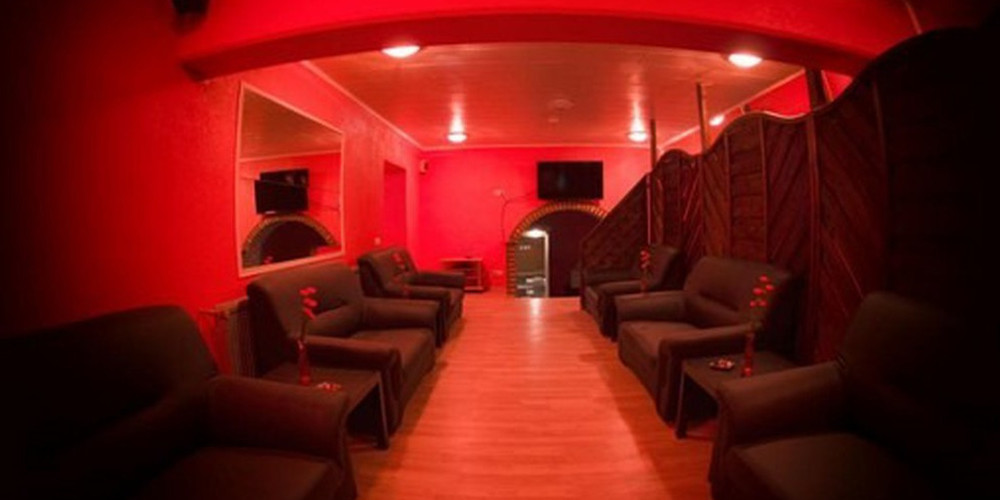
- Ja
- Kostenlose Soft-Drinks
- Finnische Sauna
- Nein
- Kostenloses Essen
- Kostenloses Bier
- Bier vom Fass
- Cocktails
- Warmes Abendessen
- Behindertengerecht
- Blickgeschützter Parkplatz
- Kostenlose Parkplätze
- Sport-Live-Übertragung
- Kostenloses WLAN
- Klimatisiert
- Außenanlage (Garten)
- EC-Automat / Zahlung
- Porno-Kino
- SM Raum
- Spielautomaten vorhanden
- Übernachten möglich
- Whirlpool Indoor
- Whirlpool Outdoor
- Swimmingpool Indoor
- Swimmingpool Outdoor
- Professionelle Massage
- Dampfbad
- Solarium
- Live Shows
- Live DJ
- Abholung möglich
- Wertfächer
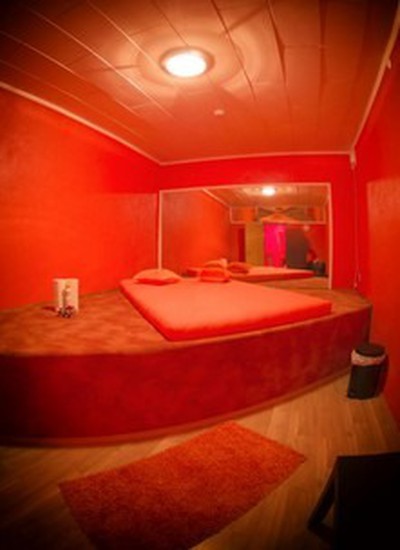
Circa 5 Service-Zimmer.
Die Kautzstraße 9 ist eine altbekannte, zentrumsnahe Party- und Clublocation in Moers. Im Jahre 2014 ist das Team vom Club Angelique
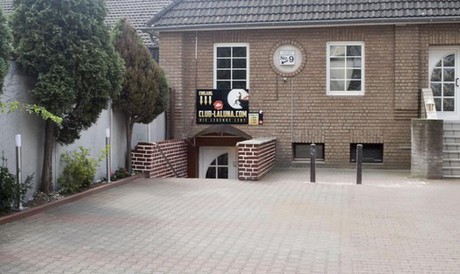
Viersen hierher umgesiedelt und hat den Club unter dem Namen LaLuna neu eröffnet. Das Haus ist eine gemütliche kleine
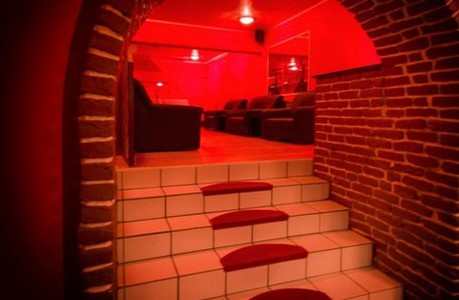
Lasterhöhle mit schlichtem Wellnessangebot, in dem 5-10 Girls hervorragenden und engagierten Service zu günstigen Preisen anbieten.
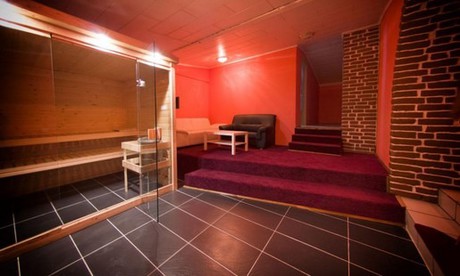
|
|
|
|
| ° | ° | ° |
An Feiertagen 11:00-01:00.
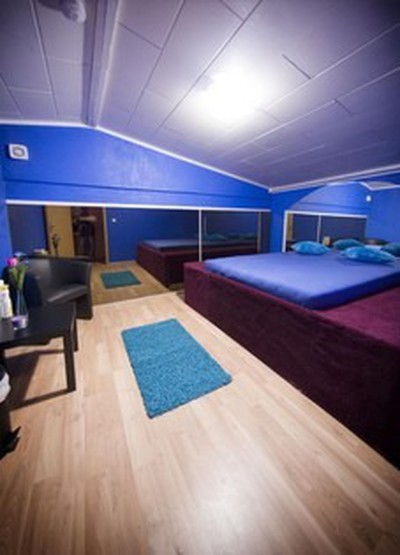
20/30/60min ab 40/50/80 EUR.
Line-up Range: Min |5-10| Max
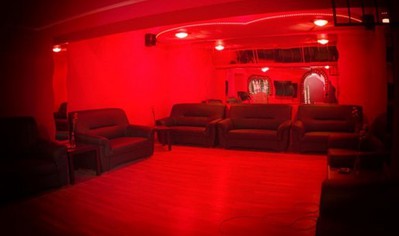
Moers
Onomastik: murse (ahd.,= Morast)
erste urkundliche Erwähnung: 9. Jhdt. n. Chr.
Einwohnerzahl: 104.000
Fläche: 67,68 km²
Bundesland: Nordrhein-Westfalen
Regierungsbezirk: Düsseldorf
Kreis: Wesel
KFZ-Kennzeichen: WES, DIN, MO
Fluss: Moersbach
Der Club LaLuna befindet sich in Moers zwischen Ortskern und Bahnhof.
Der Rhein trennt Landschaften und Regionen. Moers grenzt unmittelbar an die linksrheinischen Stadtteile von Duisburg und ist nur etwa 10 km vom tosenden Stadtkern des großen Nachbarn entfernt, hat sich aber weitgehend seinen beschaulichen Charakter, der so typisch ist für die vielen niederrheinischen Ortschaften zwischen Rhein und Maas, weitgehend bewahrt. Die Stadt ist durch die Autobahnen A57 im Westen und den Transversalen A40 und A42, die hier das Kreuz Moers und das Kreuz Kamp-Lintfort bilden, perfekt an den Auto-Fernverkehr insbesondere auch von und nach den Niederlanden angebunden, mit denen Moers auch eine besondere Beziehung hat, denn im Jahre 1597 nahm Moritz der Oranier die Stadt ein. Unter den Niederländern gelangte die Stadt zu wirtschaftlicher Blüte und blieb weitgehend geschützt vor den Zerstörungen des Dreißigjährigen Krieges. Erst 1702 fiel Moers im Wege der Erbfolge an Preußen und wurde 1706 Fürstentum.
Die einstige mittelalterliche Grafschaft besitzt im Ortskern eine gemütliche Fußgängermeile, an die sich auf der Südseite unmittelbar der weitläufige Schlosspark mit dem berühmtesten Bauwerk der Stadt - dem Moerser Schloss - anschließt, das in seiner ersten Form bereits um 1200 errichtet wurde. Die Wege in Moers sind kurz und außerhalb des Ortskerns befinden sich insbesondere auf westlicher und nördlicher Seite Gewerbeansiedlungen, die heute einen Teil des Stadtbildes prägen.
Bis um das Jahr 1800 war Moers ausschließlich von landwirtschaftlicher Tätigkeit und Handwerkerschaft geprägt, im Zuge der einsetzenden Industriealisierung bildete sich hier zunächst eine florierende Textilindustrie. Anfang des 20. Jahrhunderts stand Moers jedoch ganz im Zeichen des Bergbaus. Auf der Rheinische Bergbauroute als Teil der Route der Industriekultur kann man heute die Schachtanlage Pattberg, die Halde Pattberg, die Schachtanlage Rheinpreußen 4, die Schachtanlage Rheinpreußen 5/9, den Eurotec Technologiepark, die Halde Rheinpreußen und die Zechenkoloniekolonie Meerbeck antreffen. Der Schacht IV der Zeche Rheinpreußen wurde nach Stilllegung der Anlage 1990 saniert und ist heute ein Bergbaumuseum; der Eurotec Technologiepark steht auf dem Gelände des ehemaligen Bergwerks Rheinpreussen 5/9. Mit der letzten Zechenschließung in 2001 hat sich Moers von der Bergbau-Epoche verabschiedet; das Stadtbild wird heute von einem gutem Mix mittelständischer Unternehmen geprägt.
Im kulturellen Bereich hat sich Moers durch das Internationale New Jazz Festival Moers - jetzt "moers festival" - weltweite Anerkennung unter Musikfreunden verschafft. Das mehrtägige Festival findet seit 1972 zumeist über die Pfingsttage statt und umfasst ein weites Spektrum musikalischer Stilrichtungen, angefangen vom freien Jazz und Jazzrock über Weltmusik bis hin zu Soul, Funk und Hiphop. Üblicher Veranstaltungsort war bis 2014 der Schlosspark der Stadt, seitdem findet das Festival viertägig in der neuen, 2000 Besucher fassenden Festivalhalle am Standort Solimare des Freizeitveranstalters ENNI statt, der in Moers und Umgebung Freibäder und Sportstätten betreibt.
Zum kleinen Reichstag (0,5 Km)
Uerdinger Str. 64
47441 Moers
https://www.zum-kleinenreichstag.de
Hotel Moers Van der Valk (1,6 Km)
Krefelder Str. 169
47447 Moers
https://moers.vandervalk.de